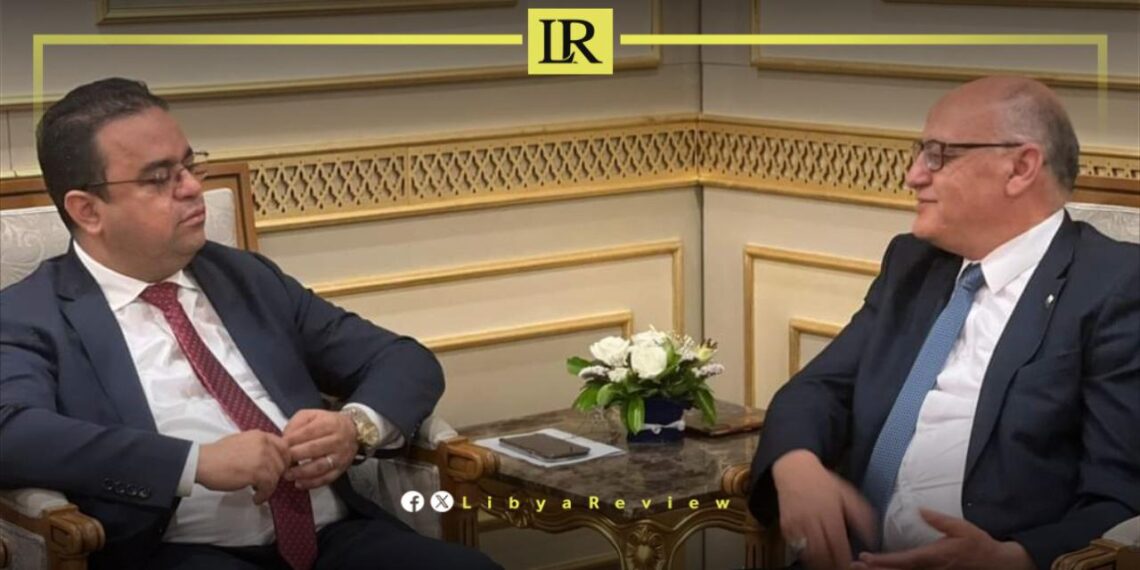In a bid to reduce unemployment rates and enhance vocational training, Libya’s Minister of Labor and Rehabilitation, Ali Al-Abed Al-Rida, held discussions with Algeria’s Minister of Vocational Training and Education, Yacine Merabi. The meeting focused on strengthening cooperation and exchanging expertise in the vocational training sector.
The talks took place on the sidelines of the high-level regional meeting for 2024 on “Youth Learning, Skill Development, and Transition to Decent Work,” held in Tunis on June 26-27, 2024.
According to a statement from the Libyan Ministry of Labor on Saturday, the meeting emphasized the importance of enhancing collaboration between the two nations in vocational training and youth preparation for the labor market. It also addressed the exchange of expertise and the development of vocational training programs to improve the quality of vocational education in line with modern labor market requirements.
Al-Abed highlighted that exchanging expertise between Libya and Algeria will contribute to developing effective training programs that help reduce youth unemployment rates.
Minister Merabi expressed Algeria’s readiness to strengthen cooperation with Libya in vocational training and education, noting that this partnership would have a significant positive impact on developing the professional skills of young people in both countries.
Libya has been in chaos since a NATO-backed uprising toppled longtime leader Muammar Gaddafi in 2011. The county has for years been split between rival administrations.
Libya’s economy, heavily reliant on oil, has suffered due to the ongoing conflict. The instability has led to fluctuations in oil production and prices, impacting the global oil market and Libya’s economy.
The conflict has led to a significant humanitarian crisis in Libya, with thousands of people killed, and many more displaced. Migrants and refugees using Libya as a transit point to Europe have also faced dire conditions.
The planned elections for December 2021 were delayed due to disagreements over election laws and the eligibility of certain candidates. This delay has raised concerns about the feasibility of a peaceful political transition.
Despite the ceasefire, security remains a significant concern with sporadic fighting and the presence of mercenaries and foreign fighters. The unification of the military and the removal of foreign forces are crucial challenges.


